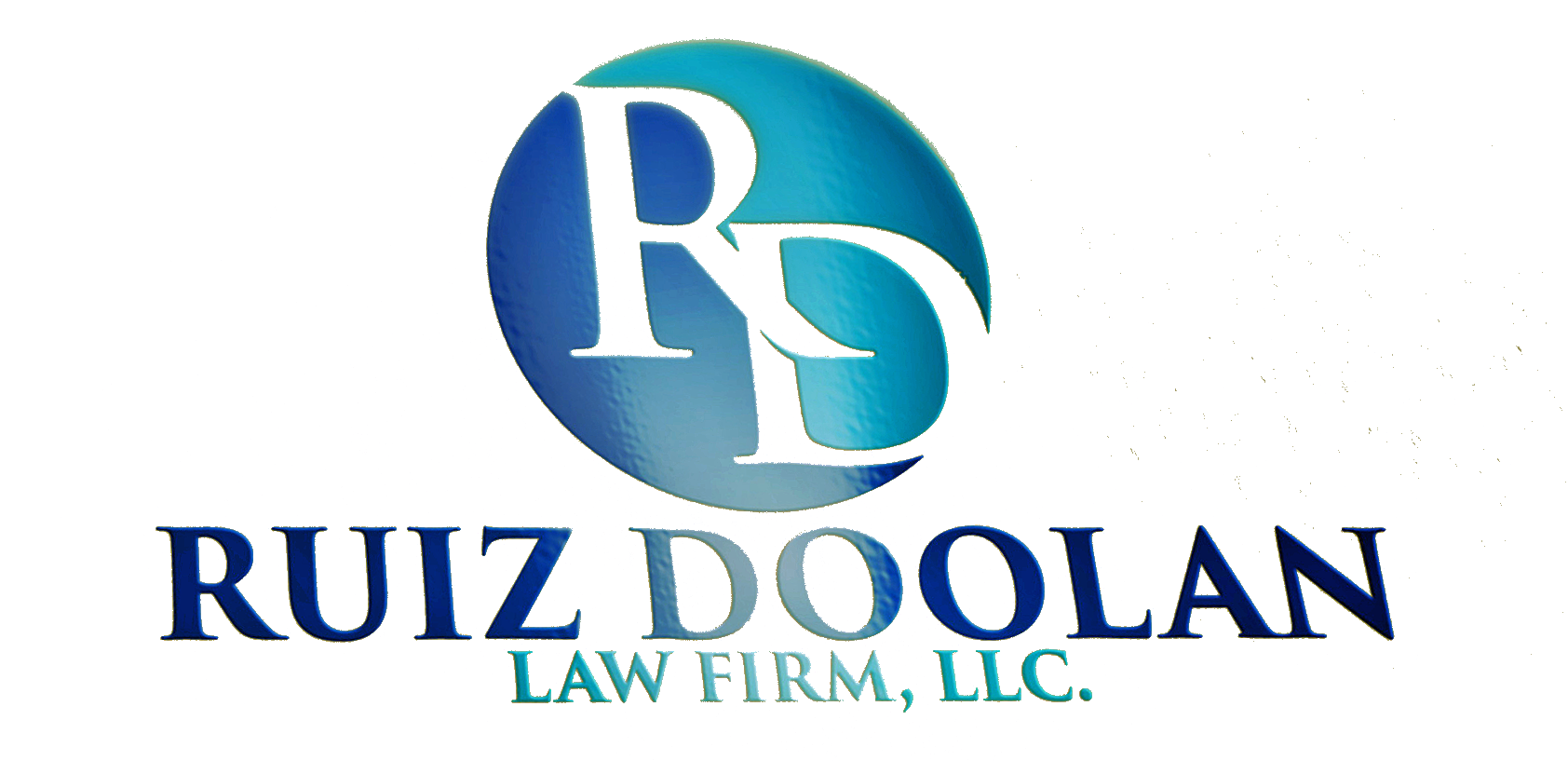Child Support
New Jersey Child Support
The State of New Jersey, considers child support is necessary to ensure that a child’s basic needs are given by his/her parents, who might. The right to child support belongs to the child and “cannot be waived by the custodial parent.” Martinetti v. Hickman, 261 N.J. Super. 508, 512 (App. Div. 1993). The court reasoned that a child-support decision must be based on an evaluation of the child’s needs and interests and not on the conduct of the parents.
Determination of Child Support: In establishing the necessary level of child support, New Jersey courts look to the Child Support Guidelines found in Rule 5:6A. The premise of these guidelines is that:
- child support is a continuous duty of both parents.
- children are entitled to share in the current income of both parents.
- children should not be the economic victims of divorce or out-of-wedlock birth.
In accordance with Rule 5:6A, these guidelines are used as a rebuttable presumption to establish and modify all child support orders. The Child Support Guidelines must be applied in all actions, contested and uncontested, in which child support is being determined including those involving pendente lite (temporary) support, interstate support, domestic violence, foster care, divorce, non-dissolution, and public assistance.
Deviation of New Jersey Child Support Guidelines: If the court finds that the guidelines are improper in a specific case, it may either disregard the guidelines or adjust the guidelines-based award to assist the needs of the children or the parents’ circumstances. If the child support guidelines are inapplicable in a particular case, the court would consider the factors set forth in N.J.S.A. 2A:34-23 or N.J.S.A. 9:17-53 when establishing the child support award.
Imputing Parental Income and Collecting Child Support in New Jersey
Imputing Parental Income in New Jersey Child Support: The child support award resulting from the application of these guidelines is reliant on the accurate determination of a parent’s net income. If the court finds that either parent is, without just cause, voluntarily underemployed or unemployed, it shall impute income to that parent based on the following priorities:
- Employment status and earning capacity of that parent would have been if the family had remained intact or would have formed.
- The reason for the underemployment or unemployment.
- The availability of other assets that may be used to pay support.
- The ages of any children in the parent’s household and child-care alternatives.
Collecting Child Support Payments in New Jersey: all child support payments are subject to income withholding from the obligor’s paycheck, unless the court order says otherwise. Income withholding can additionally be applied to unemployment benefits, Social Security disability, disability payments, and other income the obligor receives. This makes it easier for the oblige to receive timely, regular payments, and is more convenient for the obligor to pay support. N.J.S.A. 2A:17-56.7.
Termination of Child Support in New Jersey
Termination of Child Support: J.S.A. 2A:17-56.67 establishes 19 as the age when a child support and or medical support obligation will end through probation. The law allows for child and or medical support to continue up to age 23 through probation for cases in which the dependent is in high school, attending full-time college, vocational or graduate school, is disabled if the parties reach a separate agreement, or if continued support through probation was granted by the court. However, child support, except for arrears, cannot be collected through probation beyond the child’s 23rd birthday. Parties that want current child support to be collected beyond the 23rd birthday must file with the court for other financial maintenance or reimbursement.
